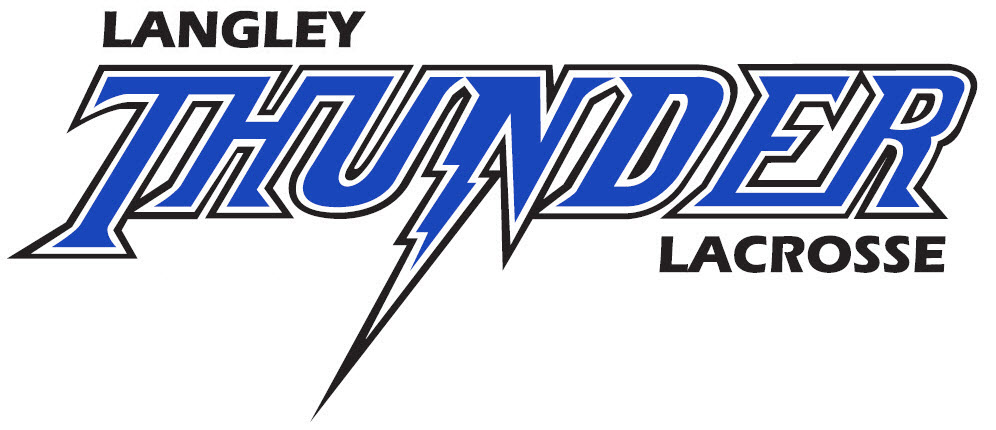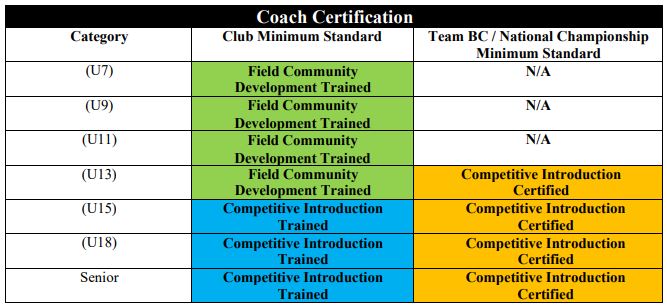Coaching Requirements
Info & Clinics
- BCLA Coaching Updates
- Coach Development Model
- Coaches Clinics
- Coaching Certification FAQ's
- Lookup NCCP#
- Making Ethical Decisions – eLearning or in-class training
For questions or to book a clinic, please contact the Coach Coordinator or Head Coach.
Criminal Record Check
Trainer's
Fair Play
ʔi ʔə tə n̓ɑ tәmәx ʔә ƛ̓ šxʷq̓ic̓əyɑʔɬ ʔiʔ šxʷq̓ʷɑ:n̓ƛ̓ən̓ɑʔɬ, mәsteyәxʷ
We respectfully acknowledge that our operations are on the unceded traditional territory of the Katzie and Kwantlen people.


